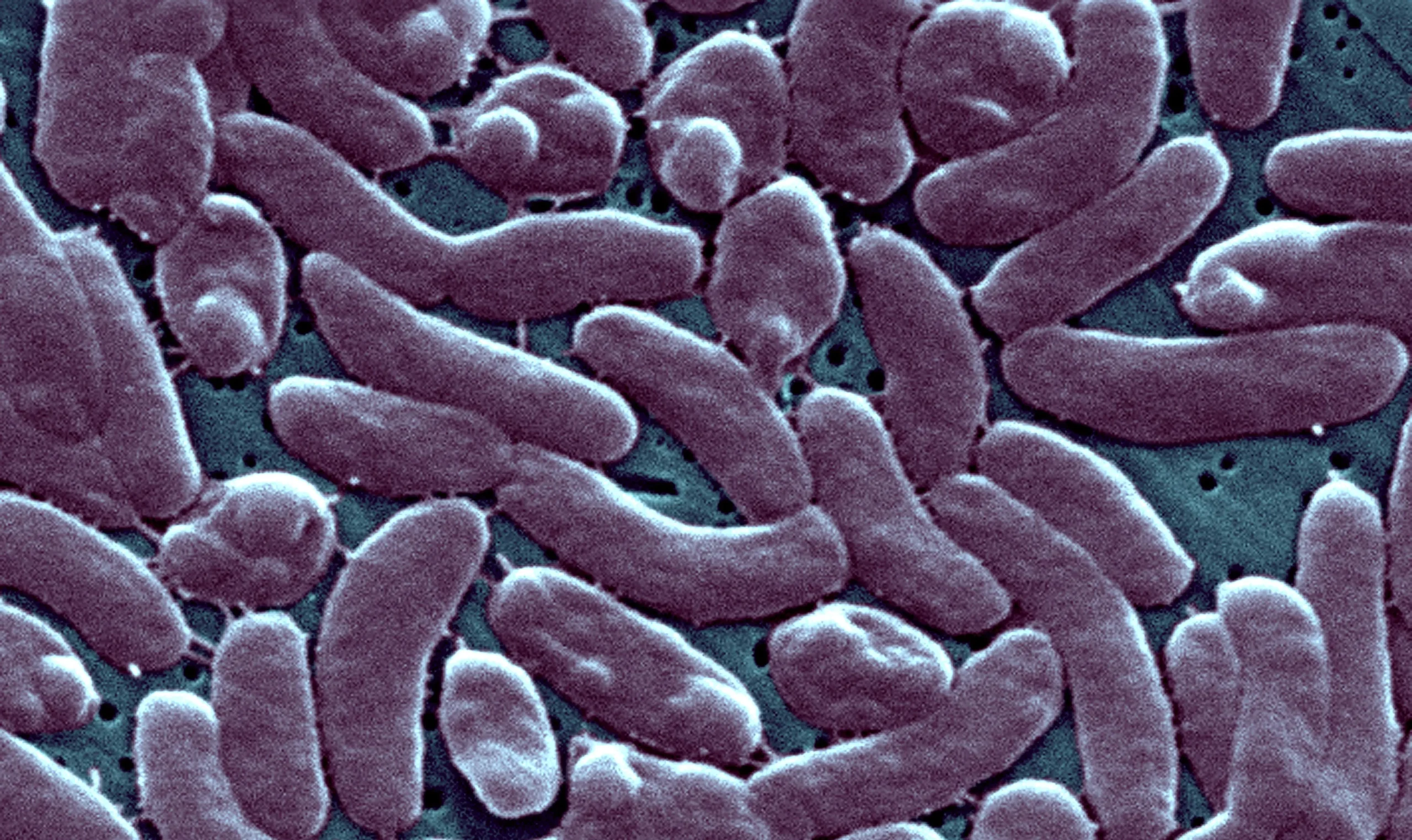A rare and deadly flesh-eating bacteria has claimed the lives of four people in Florida so far this year, prompting urgent warnings from state health officials.
The Florida Department of Health confirmed the deaths in a recent update on its official website, noting that 11 cases of Vibrio vulnificus infection have been reported statewide in 2025 alone.
This dangerous bacterium, part of the Vibrio family commonly found in coastal waters, thrives in warm, brackish seawater—especially during the summer months. It can invade the body through open wounds or by consuming raw or undercooked shellfish, particularly oysters.
From Coastal Waters to Critical Illness

Though rare, infections caused by Vibrio vulnificus known as vibriosis, can escalate quickly. Symptoms include vomiting, diarrhea, and intense abdominal pain. But in more severe cases, skin infections develop, accompanied by redness, swelling, fever, pain, warmth, and fluid discharge.
The Centers for Disease Control and Prevention (CDC) warns that once the bacteria enter the bloodstream, it can trigger septic shock, blistering skin lesions, and in roughly half of those cases, death.
“Aggressive attention should be given to the wound site; for patients with wound infections, amputation of the infected limb is sometimes necessary,” Florida Health stated.
While most healthy individuals experience only mild symptoms, those with weakened immune systems or chronic liver disease are at significantly greater risk of life-threatening complications.
No Human-to-Human Spread, But Vigilance Is Vital
Importantly, the bacteria is not spread from person to person, according to Florida Health. But once inside the body, it can wreak havoc with frightening speed. “About one in five people will die from the infection, sometimes within a day or two of illness,” the CDC states.
Some of the most extreme cases develop into necrotizing fasciitis—a gruesome condition where the bacteria destroy tissue surrounding a wound, earning Vibrio vulnificus its fearsome “flesh-eating” nickname.
Diagnosis, Treatment, and When to Seek Help
Doctors diagnose the infection by testing cultures taken from stool, wounds, or blood. For mild cases, the CDC advises staying hydrated to prevent complications.
Severe infections, however, require immediate antibiotics. In some cases, surgical intervention is necessary to remove dead tissue or even amputate affected limbs.
Don’t Dive In Without Taking Precautions
Health authorities are urging the public to take preventive measures seriously especially those with chronic illnesses or compromised immune systems.
Florida Health recommends avoiding warm saltwater and brackish water if you have fresh wounds, cuts, or scrapes. The department also strongly advises against eating raw oysters or handling raw shellfish without protective gloves.
Another potential source of infection is raw shellfish, especially oysters, health officials warned.
People with conditions like liver disease, cancer, diabetes, HIV, or thalassemia, or anyone taking immunosuppressant drugs, are especially vulnerable and should be extra cautious.
In 2024, Florida reported 82 cases of Vibrio vulnificus and 19 deaths. A year earlier, there were 46 cases and 11 deaths.
A Rare Threat, But a Real One
Dr. Marc Siegel emphasized that while Vibrio vulnificus is rare and not contagious, it’s still a serious public health concern. “Flesh-eating” bacteria may sound like something out of a horror film, but for several families in Florida this year, the threat became all too real.
As summer draws crowds to coastal beaches and seafood lovers to raw bars, health experts stress one message above all: stay alert, stay informed, and don’t take risks with open wounds or raw shellfish.



